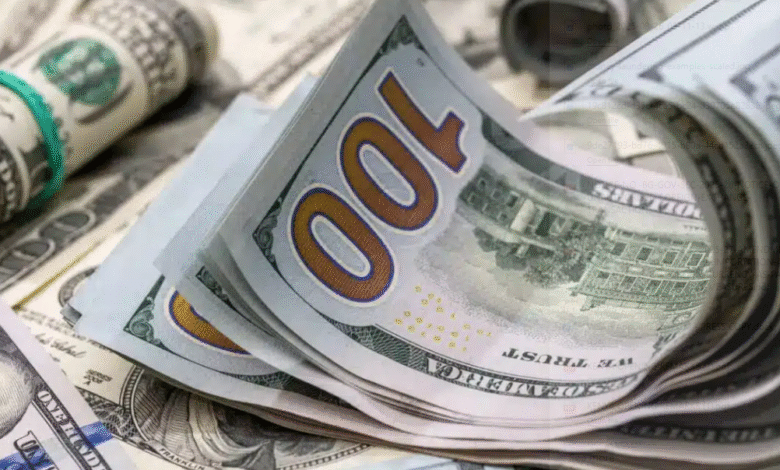BoG Moves to Tighten Currency Import and Export Rules, Curb Money Laundering

From September 1, 2025, travellers in and out of Ghana will have to rethink how much foreign currency they carry, following new rules announced by the Bank of Ghana to curb money laundering.
Under the amended guidelines, anyone entering or leaving the country can carry up to 10,000 US dollars or its equivalent in other foreign currencies without facing questions. But if you have more than that, you must declare it to Customs using a special form.
For Ghanaians travelling abroad, the new rules go further. If you are carrying more than 50,000 US dollars, you now need to show proof of where the money came from. That means attaching bank withdrawal slips or forex bureau receipts endorsed by the Bank of Ghana. Without these documents, you risk having your money seized at the airport.
The rules also ban carrying foreign currency through mail or cargo, a practice some Ghanaians have used in the past to send money home. Any cash sent this way will now be confiscated.
For those returning to Ghana with large amounts of cash, proof of declaration from the country of origin is also required. That means travellers must ensure they declare their funds before boarding their flights, not only when arriving in Accra.
Beyond air travellers, the new measures also affect importers and businesses who deal in large sums of foreign exchange. They must now provide proper documentation including Import Declaration Forms, contracts, and receipts to justify their transactions.

The Bank of Ghana says the move is part of efforts to protect the economy from illicit financial flows. But for ordinary Ghanaians, it means tighter checks and less flexibility when carrying dollars, pounds or euros for travel, school fees, or medical expenses abroad.
Failure to comply could result in hefty fines, confiscation of funds, or even prosecution. The rules also cover not just cash, but cheques, money orders, bearer bonds, travellers cheques, prepaid wallets, as well as gold, silver, and precious stones.
For many Ghanaians, who often save in dollars as a hedge against cedi depreciation, the message is clear: be prepared with receipts and documentation before travelling, or risk losing your hard-earned savings at the border.




